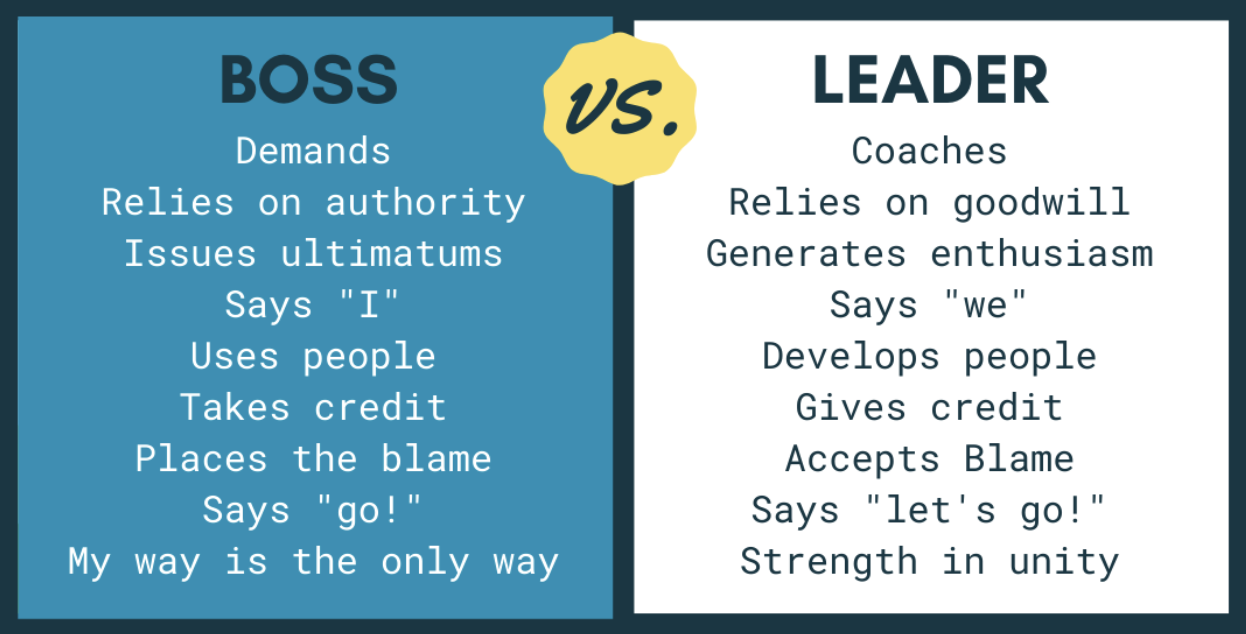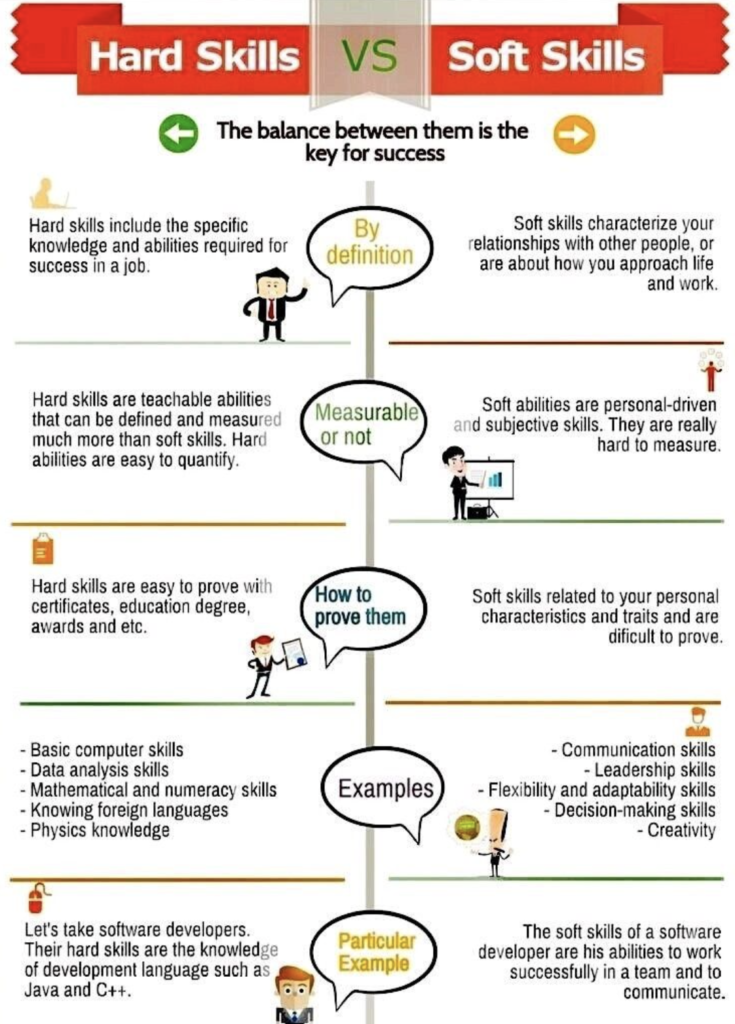First, what type of business leader are you?
The visionary: You constantly have new business ideas, are excited to execute them, and actively get others (including employees) to buy into your vision.
The co-founder/CEO: You are also a visionary, very entrepreneurial, and highly invested in bringing business ideas to life. You possess valuable skills specific to the business you are launching. With your all-round knowledge of the business, you wear multiple hats and simply want to grow a profitable and sustainable business.
The line manager/supervisor: You have mastered specific technical skills and now lead a team responsible for certain areas of a business. You ensure employees have clear goals that are in line with the organisation’s goals. With your vast knowledge and experience, you are also responsible for unblocking issues, leading, and coaching your team.
Regardless of what role you play in the fast-paced and competitive business world, having just the right technical skills to do your job is never enough. And this is where the mastery of soft skills and other interpersonal abilities come in.
So, why do soft skills even matter to business leaders?
Here’s a wholesome definition of what soft skills are. Soft Skills are the collection of positive attributes and competencies that can improve work performance and productivity. They have the power to enhance relationships and make people more marketable. These soft skills also play a huge role in employer branding as well as the acquisition and retention of talents within startups.
Let’s look at things from the bottom, up. 92% of talent professionals and hiring managers surveyed by LinkedIn in 2019 agreed that soft skills matter as much or more in recruitment than hard skills. Yet, 89% of them revealed that bad hires typically lack the right soft skills. While startup founders, managers, and other business leaders require soft skills from those they hire, do they also have those skills?
Skills like communication, leadership, risk-taking, teamwork, proactiveness, relationship building, efficiency, prioritisation, openness to feedback, organisation, collaboration, time management, and conflict resolution, are top of mind when we speak of soft skills. However, the list of soft skills is inexhaustive. By being self-aware and identifying which of these skills you lack as a startup founder, you can learn a bunch of skills to build the right company culture.
Based on an analysis of the 2023 LinkedIn Global Trends, 7 out of 10 professionals in today’s job market would choose their well-being and work/life balance over their career. This means employees are less tolerant of organisational practices that affect their well-being. They also don’t mind quitting regardless of how well they are compensated.
Interestingly, a 2020 Yale University study also showed that employees who described their supervisors as emotionally intelligent (characterised by self-awareness and empathy) were happier, more creative, and more innovative at their jobs. However, 70% of employees who indicated having supervisors with low emotional intelligence said their main feelings towards their work were negative.
Aside from building a great company culture and positive work environment with your soft skills, these skills are highly transferable. Therefore, investing some time to acquire and master them is never a bad idea because they always come in handy.

Source: cultureworkshr.com
Top 5 Soft Skills You Must Master Right Now
Whether as a startup founder, senior executive, or team lead, here are five of the most important soft skills to acquire right away.
1. Communication
This covers every aspect of communication (writing, speaking, reading and listening). Becoming an effective communicator is the secret sauce to getting the best out of your team. You must be able to speak with empathy, write clearly, and listen actively to your team’s spoken and unspoken cues. As simple as this sounds, do you know that ‘listening’ is one of the six gaps between leaders and employees? A 2021 Gartner research revealed this.
2. Relationship Building
Being an introvert is not an excuse here and when it comes to building relationships, you cannot fake it. There are no in-betweens and people can tell when you try to forge a relationship for personal gains only or for mutual benefits.
3. Leadership and People Management
Your team looks up to you as a coach, leader, and maybe mentor. Leading carelessly could break the trust they have in you and hurt their performance at work. While leadership skills come to some people naturally, not everyone has innate abilities to lead and manage people. It becomes your responsibility to learn how to become a better leader and manager.
4. Openness to Feedback
As a startup founder, expect to receive feedback from your customers, employees, business partners, and of course, investors. Not being receptive to feedback or failing to give feedback can hurt your business. As you practice this skill, you’ll get better and your team will be more open to giving you feedback without the fear of them losing their jobs.
5. Adaptability and Flexibility
If there’s anything we learned from the Coronavirus pandemic, it’s a reminder that we operate in a VUCA (Volatile, Uncertain, Complex, and Ambiguous) business environment. By adapting to current situations and proactively making flexible plans for the future, your company stands a better chance of achieving sustainable growth.
With these four methods, you can expect to master a soft skill sooner than you think!
- Hire a good coach or mentor in that area
- Organise frequent soft skill training sessions at work and attend with your entire team
- Attend interactive workshops, retreats, experiential or case study-based learning sessions, and online classes
- Embrace and learn from your mistakes.
As you continue to acquire the right skill set to run your company, there’s no one-and-done approach to mastering these soft skills. You need to consistently put your skill to practice like you would when mastering a technical skill.

Source: Unknown Creator
And That’s A Wrap!
If you still think your technical skills as a startup founder or business leader are all you need to establish and grow your company, remember this: “2 out of 5 new CEOs fail in their first 18 months on the job.” (Harvard Business Review). Based on this HBR finding, these failures have nothing to do with the knowledge or core competence of the CEOs, but are majorly due to ego, lack of emotional intelligence, and a leadership style out of touch with modern times.

